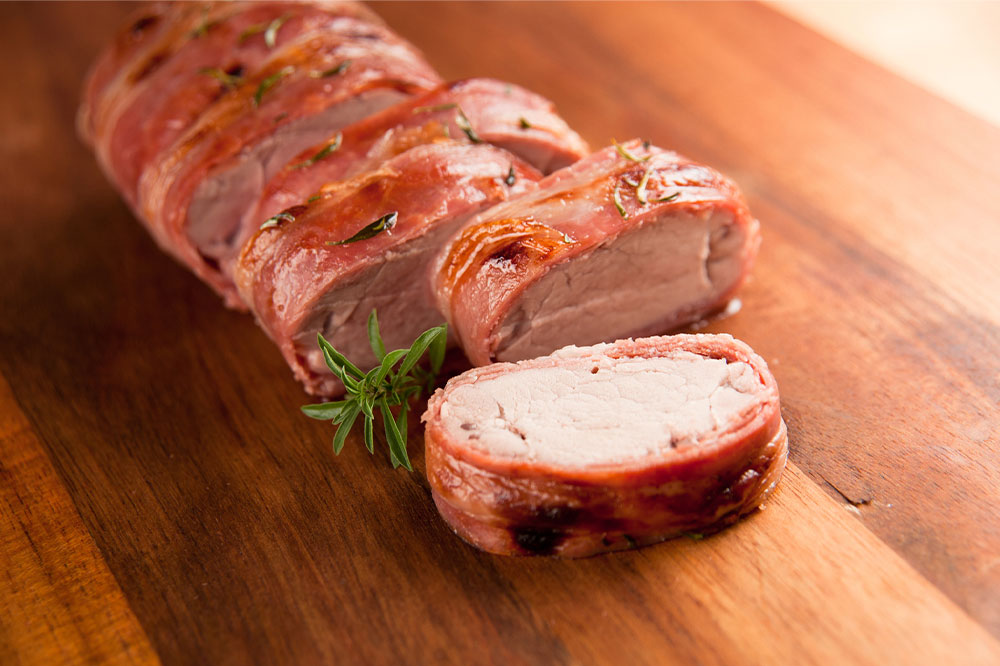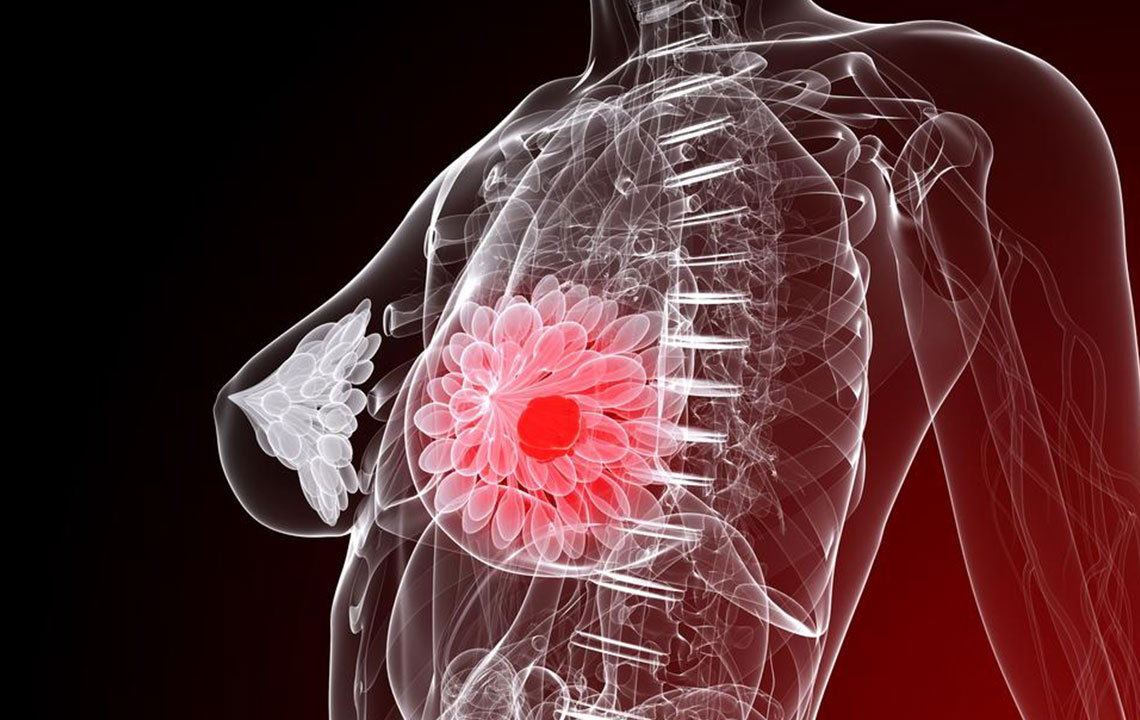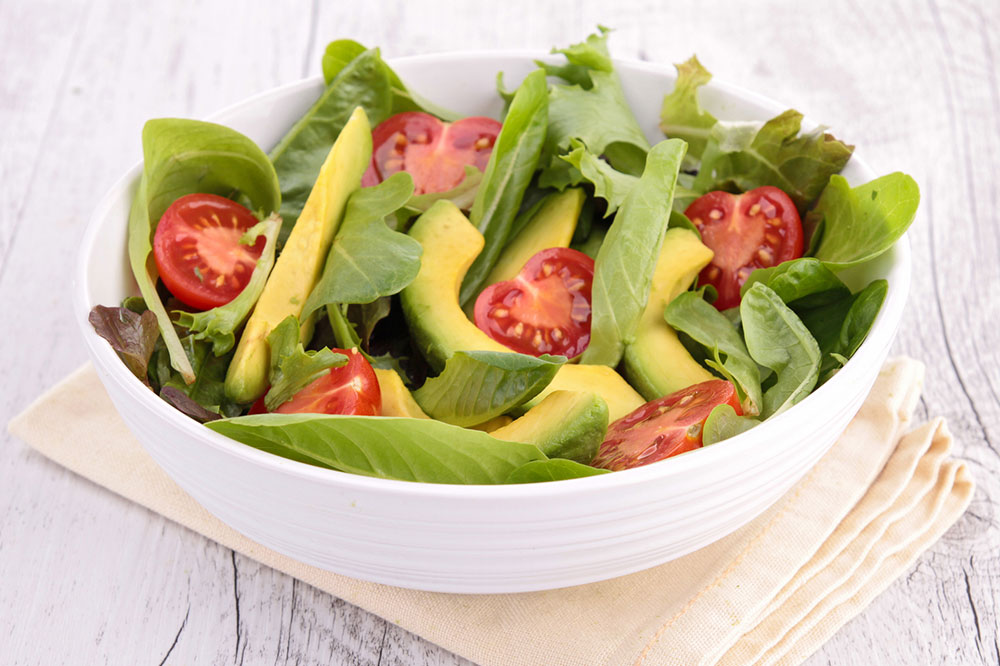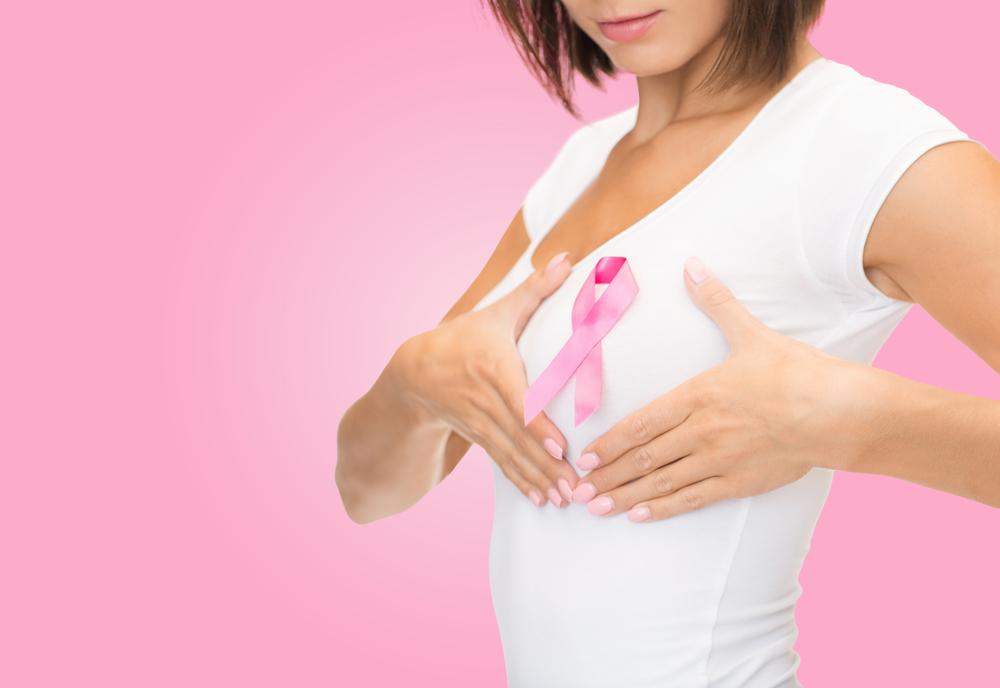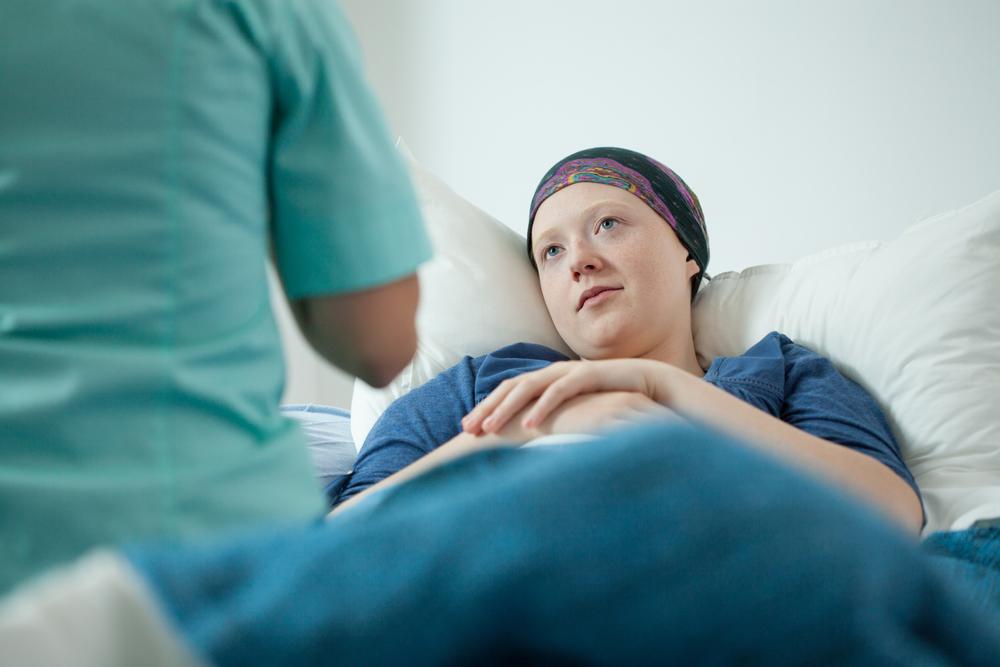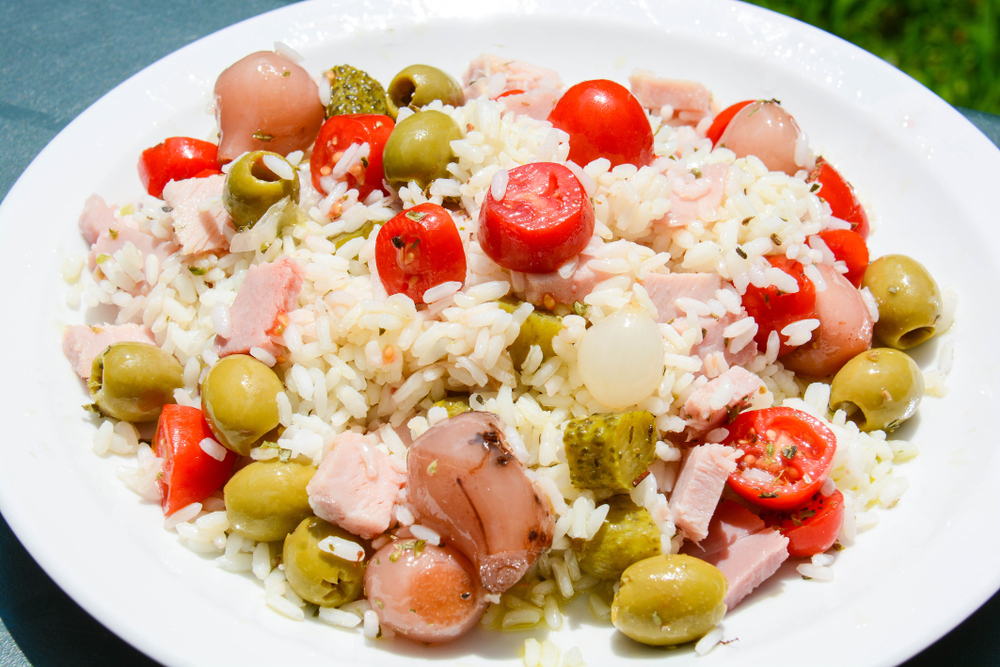7 Foods That Could Increase Your Risk of Breast Cancer and How to Make Smarter Dietary Choices
This comprehensive guide explores seven foods linked to increased breast cancer risk, offering practical dietary tips to help women reduce their susceptibility. Learn how alcohol, sugar, processed meats, and other foods impact breast health, and discover healthier alternatives to promote wellness and lower cancer recurrence chances.
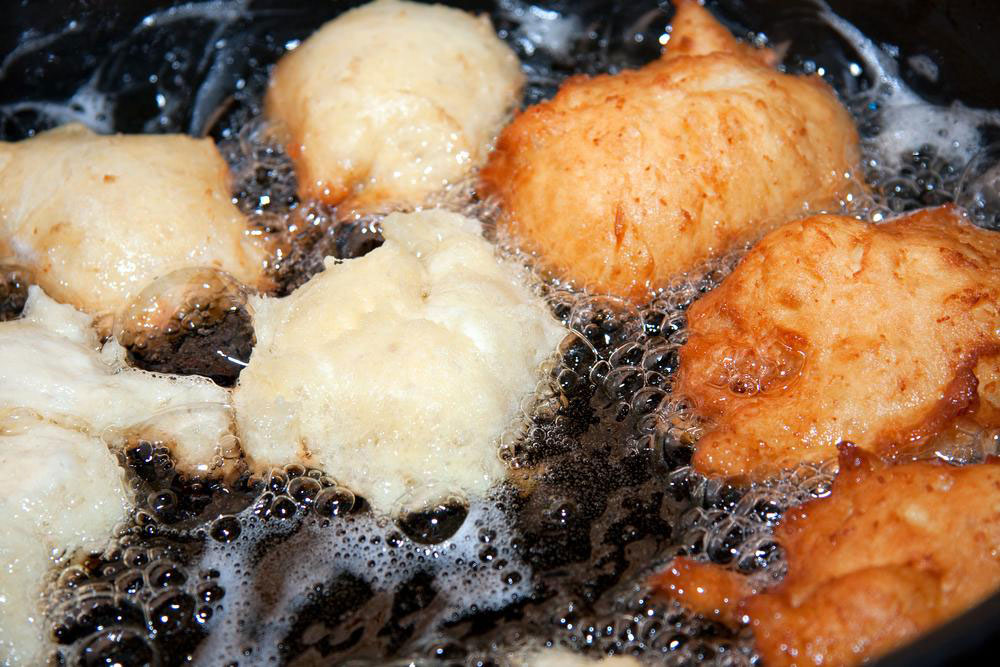
7 Foods That Could Increase Your Risk of Breast Cancer and How to Make Smarter Dietary Choices
Breast cancer remains one of the most common cancers affecting women worldwide. While genetics, age, gender, and environmental factors play significant roles in its development, emerging research underscores the importance of lifestyle choices—particularly diet—in influencing breast cancer risk. No single dietary pattern can guarantee prevention or cause the disease outright, but certain eating habits can significantly modulate your susceptibility. Understanding which foods may elevate risk is crucial, especially for women with a history of breast cancer or those aiming to lower their chances of developing the disease in the future.
Dietary habits are a crucial, modifiable aspect of health management. Scientific studies suggest that up to 40% of cancers, including breast cancer, can be influenced by what we eat. This insight emphasizes the importance of a nutritious, balanced diet rich in vegetables, fruits, whole grains, lean proteins, and healthy fats. Simultaneously, avoiding or limiting certain foods could serve as an effective strategy for reducing breast cancer risk or preventing recurrence after treatment.
Healthy eating promotes immune health, supports overall wellness, and can play a vital role in lowering cancer risks. Leading health organizations recommend maintaining a healthy weight, staying active, and choosing nutrient-dense foods. While no diet can provide absolute protection against breast cancer, incorporating more vegetables, fruits, whole grains, fish, and lean poultry into your diet can be beneficial. Conversely, certain foods have been linked to increased risk, making it essential to be aware of which foods to limit or avoid, particularly if you are at higher risk or are undergoing treatment.
Alcohol
Numerous studies have shown a strong association between alcohol consumption and increased breast cancer risk. Alcohol intake raises estrogen levels in the body, which can damage DNA strands and promote tumor growth. Women who consume three or more alcoholic drinks per week face approximately a 15% higher chance of developing breast cancer compared to non-drinkers. Reducing alcohol intake is a key preventative measure for women concerned about their risk.
Sugar
High-sugar diets have been linked to tumor development in animal studies, particularly in mammary tissues. Excessive sugar in foods and beverages, like candies, baked goods, and sodas, can promote insulin resistance and inflammation—both factors associated with increased cancer risk in humans. Limiting sugary foods can help maintain stable blood sugar levels and reduce the risk of tumor growth.
Fats
While healthy fats like those found in fish, nuts, and olive oil are beneficial, processed trans-fats—common in baked goods, fried foods, and snack foods—are linked to inflammation and higher breast cancer risk. It's advisable to read food labels carefully and minimize consumption of trans-fats to promote better health and lower cancer susceptibility.
Red Meat and Processed Meats
Research indicates a relationship between high red meat consumption, especially processed meats like sausages, bacon, and deli meats, and an increased risk of breast cancer. These foods contain preservatives, saturated fats, and carcinogenic compounds formed during processing or cooking at high temperatures. Limiting their intake is recommended, particularly for women at risk or recovering from breast cancer.
Dairy Products
Some studies suggest that high intake of dairy products—such as butter, cream, and whole milk—may be associated with an increased risk of hormone-driven cancers, including breast cancer. During treatment or recovery, some health experts advise moderating dairy consumption, especially high-fat options, to support overall health.
Sugary Foods and Beverages
Sweets like cakes, candies, and sodas contribute to weight gain and obesity, which are well-known risk factors for breast cancer. Maintaining a healthy weight is crucial, and reducing sugar intake is vital to prevent weight-related risks and support a balanced diet that promotes healing and wellness.
Raw and Undercooked Foods
During cancer treatment, immune defenses weaken, increasing sensitivity to infections. Consuming raw or undercooked foods—such as sushi, oysters, or inadequately cooked poultry and meats—poses a significant health risk. Proper cooking kills harmful bacteria and parasites, protecting vulnerable immune systems and supporting recovery efforts.
In summary, while no single food determines breast cancer risk, awareness of dietary influences can help reduce susceptibility and support overall health. Emphasizing a diet rich in vegetables, fruits, whole grains, lean proteins, and healthy fats—while limiting alcohol, sugar, processed, and red meats—can be a proactive approach. Always consult healthcare professionals for personalized guidance, especially if you have a higher risk or are undergoing treatment.
